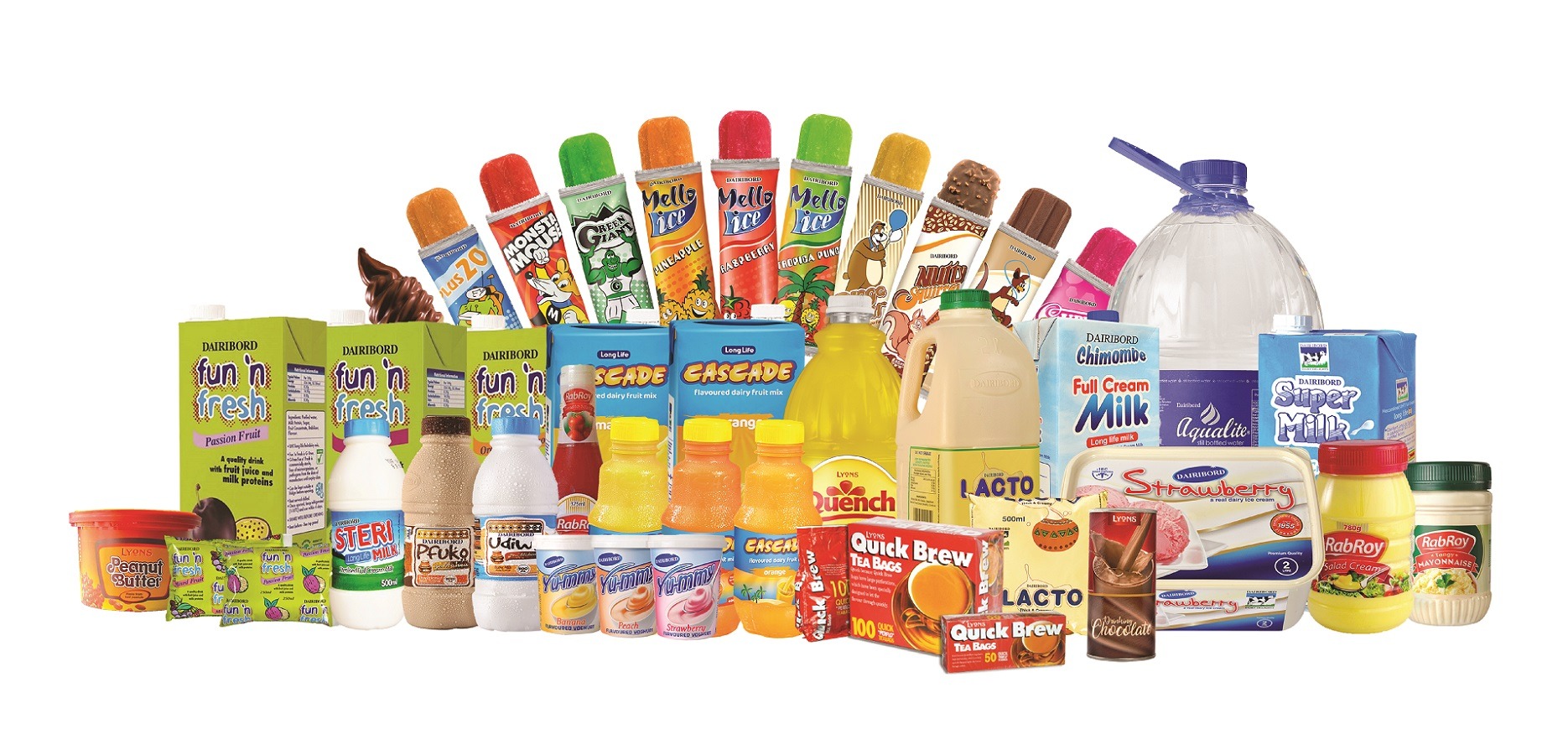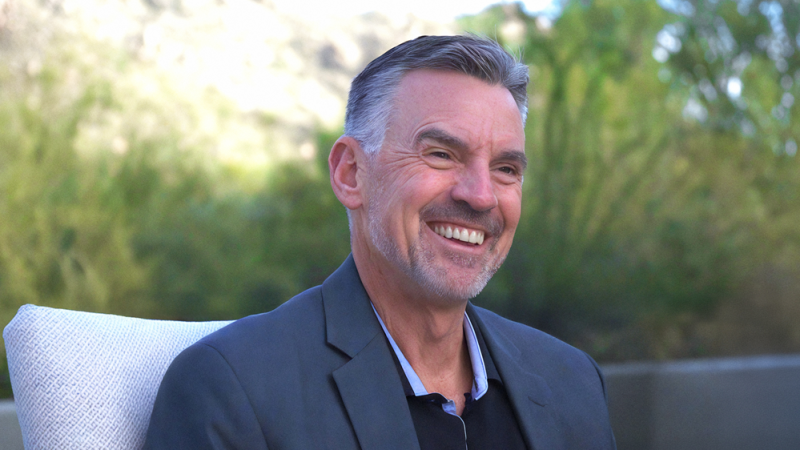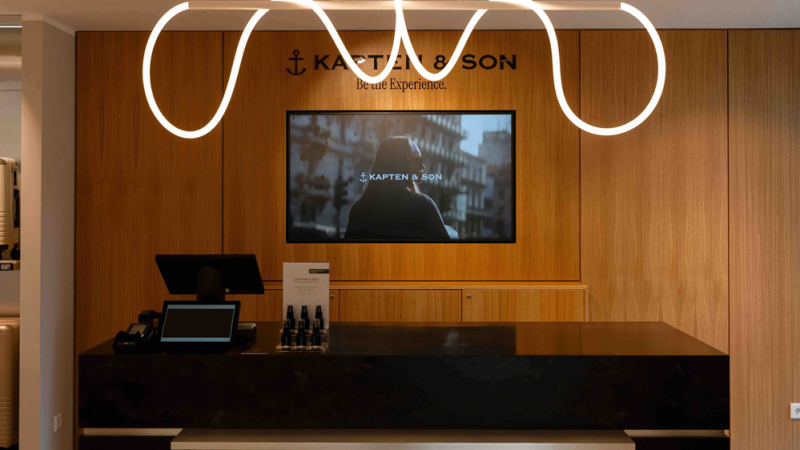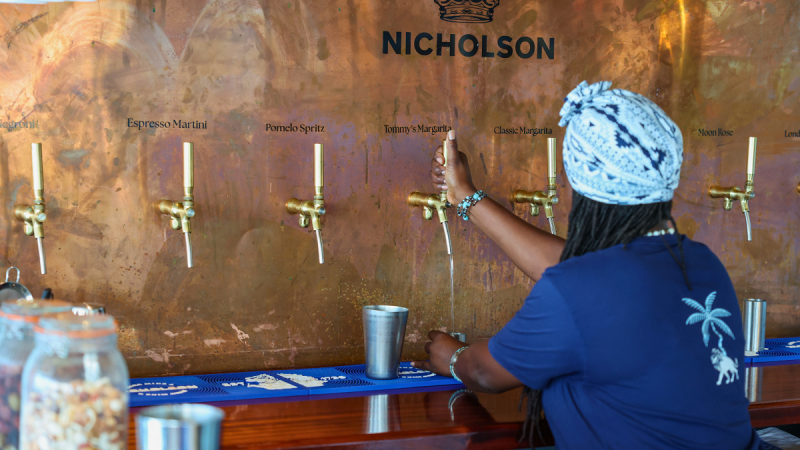Dairibord has been serving the Zimbabwean dairy, beverages and food market for 70 years, and is adapting to a changing market environment.
Dairibord was originally a state enterprise founded in 1952, before becoming commercialised in 1994, and finally privatised and listed on the Zimbabwe Stock exchange on 15 September 1997. By this point, the company had already built itself a proud reputation, with a market footprint that encompassed sterilised, cultured and long-life milk, as well as products across the food business, including ice creams and yoghurt.
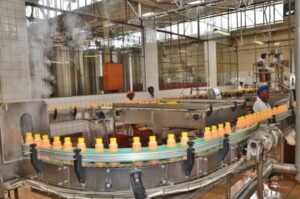 The company’s portfolio today plays host to a range of flagship brands including Chimombe and Steri milks, Lacto cultured milk, Yu-mmy yoghurts, Dairibord Ice Creams, RabRoy condiments, and Lyons Peanut Butter. It also offers a selection of beverages, mainly non-alcoholic, non-carbonated and ready-to-drink dairy products, with key brands such as Cascade, Pfuko, Fun n Fresh, Quench and Aqualite Water.
The company’s portfolio today plays host to a range of flagship brands including Chimombe and Steri milks, Lacto cultured milk, Yu-mmy yoghurts, Dairibord Ice Creams, RabRoy condiments, and Lyons Peanut Butter. It also offers a selection of beverages, mainly non-alcoholic, non-carbonated and ready-to-drink dairy products, with key brands such as Cascade, Pfuko, Fun n Fresh, Quench and Aqualite Water.
The company manages four factories spread across the country, including a plant in the far east that specialises in long-life sterilised milk. In the capital city of Harare, Dairibord has two plants. One is focused on producing liquid milks, beverages, yoghurt and ice creams, while the other factory produces the popular Cascade brand as well as mayonnaise, tomato sauce and peanut butter. On the periphery of the capital city in Chitungwiza, is the fourth factory which serves as the hub for the company’s fermented non-alcoholic beverage, Pfuko, and the Quench cordial.
“Dairibord’s presence is wide and deep in the market of Zimbabwe and the region beyond,” said Mercy Ndoro, Group Chief Executive of Dairibord. “We are exporting products into Zambia, Mozambique, Botswana, and making in-roads into South Africa.”
Ndoro puts the company’s success down to two key pillars – its human capital, and its highly recognised brands.
“We pride ourselves in producing durable and enduring brands, long-life brands with a very strong presence in the market,” Ndoro says. “We offer good quality and consistency in product and supply.”
The Human Factor
While the quality of the product is an essential ingredient to any business, Ndoro is the first to point out that Dairibord is a business that runs on people.
“Skills are a very important issue,” she insists. “We are broadening and deepening our skills base to ensure we have the best possible team. We have a strong research and development team, a department responsible for looking at our current products and into the future. We have a very strong team in the production area, and we continuously develop training programs at different levels of the organisation.”
To maintain a strong skills base, it is also essential that human capital is continually renewed, and Dairibord is frequently recruiting from local universities and technical colleges, while occasionally hiring specialised skills from outside the country. The firm builds on that talent within the company as well.
“We have a vibrant manpower development program, developing skills through training programs via various partnerships,” Ndoro says. “At the Harare Institute of Technology, we assist in the development of specific training programs for people in production and engineering. We also conduct training programs for junior and middle management positions, with a master’s program for senior executives.”
Dairibord is not developing talent blindly, however. The company has made inclusivity a priority, particularly in terms of gender.
“When you look at our executive committee, 40% are women,” Ndoro says. “That is a deliberate development program for mainstreaming the gender issue.”
Indeed, Ndoro herself as a woman, is at the helm of the company, having taken over from Anthony Mandiwanza on 1 October 2022.
But at every level of the business, employees feel they are invested in the company through the firm’s equity participation scheme. Employees of Dairibord own 20% of the company through the Dairibord Employee Share Ownership Trust, to align shareholder and employee interests.
This is what has made Dairibord a household name. As Ndoro points out, “We’re proud to say that at every breakfast you must meet Dairibord!”
Keeping the Milk Flowing
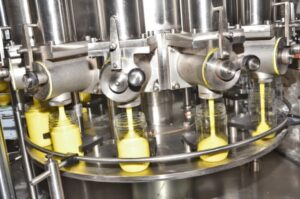 While Dairibord has a strong skills base to draw on, it has been facing other challenges, particularly in terms of supply chain issues. In recent years, the company has had to import both raw and packaging materials and milk powders, as milk demand has been exceeding supply.
While Dairibord has a strong skills base to draw on, it has been facing other challenges, particularly in terms of supply chain issues. In recent years, the company has had to import both raw and packaging materials and milk powders, as milk demand has been exceeding supply.
“The first challenge is a shortage of milk,” Ndoro says. “At the peak of milk production in this country, we used to produce 260 million litres per annum. That has dropped to 80 million litres, with demand at 130 million litres. That gap is covered by powdered milk imports by various processors into Zimbabwe. Recently, the challenge has been exacerbated by the problems in Europe in terms of the cost of imports and their turnaround time. This has severely affected us.”
It is a serious challenge, but one that Zimbabwe is already rising to take on. Across the country, milk production has grown by 18% this year. Meanwhile, Ndoro is employing new tactics to keep its interim supply chain going.
“We mitigate against the cost of importing polymers and powdered milk by generating as much foreign currency in our portfolios as possible, to let us procure those materials in adequate volumes,” she says.
Ndoro sees a bright future for the company. Dairibord has a strong footprint in the market, a robust supply chain, and a partnership program with larger-scale commercial providers to ensure it can continue to meet demand.
“Beverages make up 60% of our business. We are particularly excited about some of our beverages brands,” Ndoro says. “Pfuko and Cascade are making huge inroads in the country and the region. Across South Africa, Zambia, Mozambique, and Botswana, our products are in demand.”
The company has positioned itself to tap new opportunities as they arise, investing in equipment to boost capacity on the processing and the packaging side. The foods and beverages portfolios of the business are both seeing investment and new equipment, with forecasts of between 20 and 30% volume growth across Dairibord’s product range.
“A repertoire of economic measures have been deployed to arrest the challenges we’re facing and we’re beginning to feel some semblance of stability,” Ndoro says. “We’re excited that we have plans to grow our brands, initially through penetration and then later looking at physical presence in some identified markets.”
